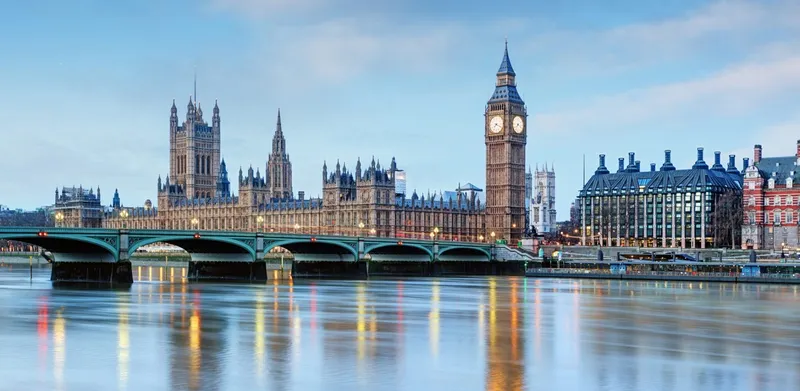The Chancellor of the Exchequer, Rishi Sunak, announced a number of measures as part of his Winter Economy Plan to assist businesses during this “fragile economic recovery”. The Chancellor said that the economy was “now likely to undergo a more permanent economic adjustment”.
We have summarised the main points raised by the Chancellor below:
Coronavirus Job Retention Scheme (CJRS)
The existing CJRS will end on 31 October as originally planned. From 1 November the Government intends to introduce a Job Support Scheme (JSS). Under the new scheme, businesses will be able to keep their employees in employment on shorter hours rather than making them redundant. The Government intend to issue further guidance on the scheme. Below is a summary of the main criteria applicable to the scheme:
- To be eligible, employees must work at least one third of their normal hours, these hours will be paid by the employer in the usual way
- For the hours not worked by the employee, the employer will pay one a third of the employees pay. The Government will pay one third of the employee’s usual pay capped at £697.92 per month
- For the employee, they will receive 77% of their usual pay
- The scheme is aimed at all small and medium sized business in all sectors. However, a larger business may be able to apply for the scheme if their turnover has fallen by a third
- The scheme will run for six months starting on 1st November
Self Employed Income Support Scheme (SEISS)
The Government announced that it will continue the taxable self-employed grant – SEISS. The criteria is the same as the previous grants. There will be a taxable grant available for the period November to the 31 January 2021 and for the period February 2021 to 30 April 2021. The initial grant will cover 20% of the average monthly trading profits, paid out in a single instalment covering 3 months worth of profits and capped at £1,875 in total. For the second grant, the Government is to review the level of the grant and will advise on this in due course.
Self Assessment tax payment
It was also announced that self-assessment taxpayers with tax payment due on 31 January 2021 will be have enhanced time to pay where they have liabilities up to £30,000. The payment due on 31 January 2021 covers the following payments:
- The second payment on account for the year ended 5 April 2020 (which was deferred from 31 July 2020)
- The balancing payment for the year ended 5 April 2020
- The first payment on account for the year ending 5 April 2021
Taxpayers will be able to use HMRC’s self-time to pay facility to secure a plan to pay over 12 months. This means that self assessment liabilities due in July 2020 will not need to be paid in full until January 2022. At the moment we do not know if HMRC will charge interest on this time to pay arrangement. Further details are to be issued shortly on this.
VAT – New Payment Scheme
Businesses who deferred their VAT payment to HMRC will be given more time to pay through the New Payment Scheme. For businesses who deferred their VAT due in March and June 2020, the payment needs to be made by 31 March 2021. These businesses now have the option to pay their VAT in 11 interest free installments. All businesses who deferred their VAT can use the New Payment Scheme. Businesses will need to opt in and HMRC will put this in place in early 2021.
Hospitality
The Government announced that it will extend the temporary 5% VAT rate for the tourist and hospitality sector until 31 March 2021.
Loan Schemes
Businesses who took out Government backed loans have been given flexibility in repayment and an extension for application for all Government coronavirus loan schemes. As always, the devil is in the detail, further guidance is to be issued by the Government. The main points are as follows:
- The Government intends to give all Coronavirus Business Interruption Loan Scheme (CBILS) lenders the ability to extend the length of loans from a maximum of 6 years to 10 years, if it will help business to repay the loan.
- Regarding the Bounce Back Loan, the Government have provided more flexibility by a Pay as you Grow repayment system. This includes extending the loan from 6 years to 10 years which will reduce the monthly repayments. A business can apply for Interest only periods of up to 6 months and a payment holiday can be requested.
- All Government coronavirus loan schemes have been extended with applications open until 30 November and approvals closing on 31 December.
What next?
Please follow the links below to read our earlier Covid-19 articles on the Government loan schemes:
COVID-19: Bounce Back Loan Scheme (BBLS)
An update on the Coronavirus Business Interruption Loan Scheme (CBILS)
If you have any questions or concerns regarding the measures announced today, please get in touch with your usual CBW contact or a member of the tax team.


